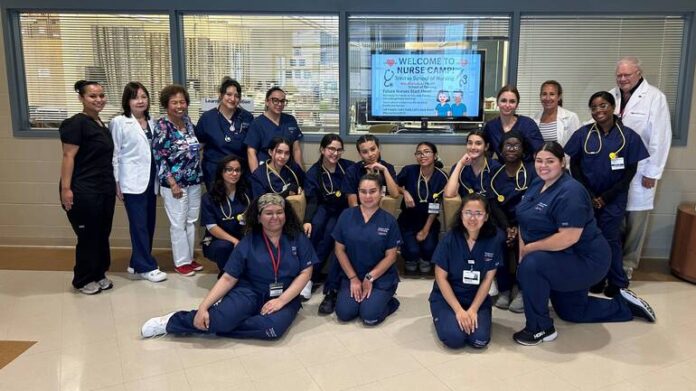Rutgers Health and RWJBarnabas Health are leading a groundbreaking initiative to transform the treatment of epilepsy with a new $2.8 million grant from the National Institutes of Health. Over the next three years, researchers will develop the next generation of implantable neurostimulation devices aimed at reducing or eliminating severe epileptic seizures. The funding supports a program focused on improving current responsive neurostimulation technology, which has been effective for some patients but only eliminates seizures in roughly 15 to 20 percent of users.
The new devices will be designed with advanced seizure prediction algorithms capable of detecting and responding to neurological signals more efficiently. Researchers hope the upgraded devices can stimulate larger regions of the brain where seizures originate, potentially providing relief for patients who have not responded to traditional treatments. This initiative represents a major step forward in neuromodulatory therapy, with the ambitious goal of bringing the device to market within the next five years.
Hai Sun, vice chair of clinical affairs and associate professor of neurosurgery at Rutgers Robert Wood Johnson Medical School and chief of Neurosurgery at Robert Wood Johnson University Hospital, emphasized the significance of the project. “We are excited to initiate a promising project focused on developing a new treatment option for patients with drug-resistant epilepsy,” Sun said. The project brings together an interdisciplinary team that combines expertise in neurosurgery, artificial intelligence, and clinical neuroscience.
Stevens Institute of Technology researchers, led by Feng Liu, assistant professor at the Charles V. Schaefer Jr. School of Engineering and Science, will develop advanced computer algorithms and models to power the next generation of neurostimulation devices. “This grant supports the development of a new seizure control device, which could offer a transformative treatment for patients with drug-resistant mesial temporal lobe epilepsy,” Liu said. “We look forward to applying AI and computational modeling alongside clinical insights to advance this technology.”
The team also includes physician-scientists from Emory University School of Medicine, where Ezequiel Gleichgerrcht, assistant professor of neurology, highlighted the potential patient impact. “Our goal is to stop seizures at their earliest stages, ideally before they have a chance to spread,” he said. By leveraging advanced brain network modeling and real-world patient data, the collaboration aims to translate experimental findings into minimally invasive devices that can improve quality of life for people living with drug-resistant epilepsy.
This innovative research represents a confluence of technology, medicine, and patient care, with the potential to reshape treatment protocols for a condition that affects millions worldwide. The project emphasizes not only the development of new medical devices but also the importance of collaboration across institutions and disciplines to bring cutting-edge solutions from the lab directly to patients.
The work at Rutgers and RWJBarnabas Health underscores the state’s growing role as a hub for medical innovation and advanced neuroscience research. As these next-generation devices are refined and tested, patients and physicians alike have hope for a future where seizures can be better predicted, controlled, and potentially eliminated, transforming lives and expanding possibilities for those living with epilepsy.
For additional insights on medical innovation, wellness, and health-focused research in New Jersey, visit Explore New Jersey Health & Wellness.












